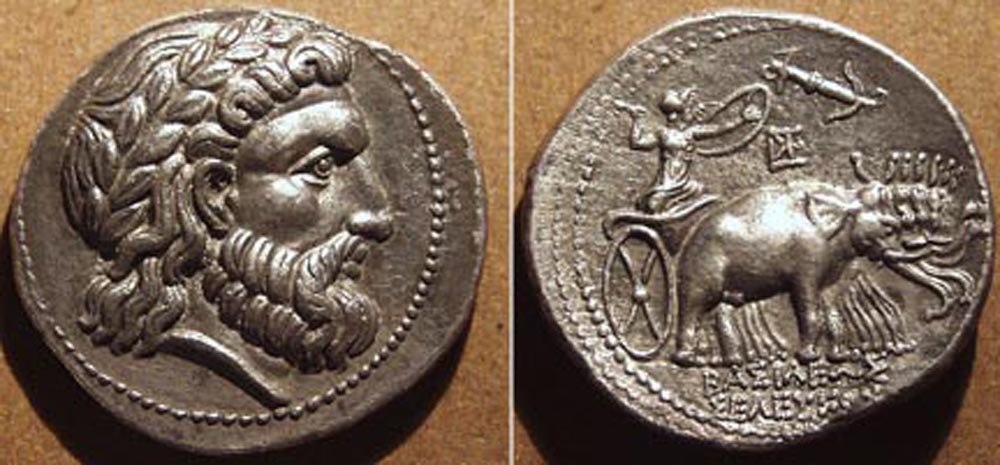Notes For All Chapters History Class 6
Janapadas: The powerful kings who performed big sacrifices and later ruled larger territories termed as Janapadas. The term “Janapada” literally means ‘foothold of a tribe’. A Janapada could be a republic like Vajji or a monarchy like Magadha.
Vamas: Later, Vedic texts like Samaveda, Yajurveda and Atharvaveda mentioned certain rules about the society. There were different groups in the society such as priests and warriors, farmers, herders, traders, craftspersons and labourers.
Varna Hierarchy: The priests divided people into four groups called vamas. Each varna had different sets of functions.
Selection of the Rulers: In ancient India, some of the rajas were probably chosen by the Jana, the
people. Some changes regarding the election of the Raja took place around 3,000 years ago. Some men performed Ashvamedha sacrifice and came to be recognised as rajas.
Gana: This was the method of rule in early centuries where members of society met in assemblies and decided about administration through discussions and debates.
Mahajanapadas: A Mahajanapada was usually ruled from its capital city. There was intense rivalry among the Mahajanapadas, resulting in frequent wars. Huge walls made of mud, stone, wood or bricks were used to fortify these capital cities.
Taxes: Money was required by new rajas for building forts and armies. They started collecting regular taxes from the people. The tax could be paid either in cash or in kind.
Changes in Agriculture: Agriculture prospered in most of the Mahajanapadas as they were located in fertile areas. Two major changes came in agriculture. One was the increasing use of the iron plough. Secondly, people began transplanting paddy which led to increased production.
Around 3000 years ago, there were some new ways of choosing ‘rajas’. Some men became ‘rajas’ by performing big sacrifices. One of such rituals was ‘ASHVAMEDHA’ (horse sacrifice). The ‘raja’ was an important figure.
Kingdoms were usually called the ‘Janapadas’, which were ruled by the ‘rajas’. People lived in huts and kept animals. They grew a variety of crops.
Some ‘janapadas’ later became more important than others, and they were called ‘Mahajanapadas’. The capital cities were fortified.
The new ‘rajas’ began maintaining armies. Payments were made using punchmarked coins.
Coins
The ‘rajas’ needed resources to build forts and to maintain armies. Officials were supposed to collect taxes from people. Taxes were in the form of crops, labour, animals and their produce, etc.
There were changes in agriculture too. The use of Iron Ploughshares increased, thus enhancing grain production. People started transplanting paddy. This also increased production.
Magadha became the most important ‘mahajanapada’ in about 200 years. Transport, water supplies, fertility, forests, elephants, mines, etc. made Magadha important.
The two powerful rulers of Magadha, Bimbisara and Ajatasattu used all possible means to conquer other ‘janapadas’. Rajagriha was the capital of Magadha. Later it was Pataliputra (now Patna).
Vajji was another kingdom with its capital at Vaishali (Bihar). It had a different form of government called ‘gana’/‘sangha’, which had not one, but many rulers. These rulers performed rituals together and met in assemblies. Buddhist books depict life in the ‘sanghas’.
‘Rajas’ of powerful kingdoms tried to conquer the ‘sanghas’.
‘Ashvamedha’: (horse sacrifice) This was ritual in which a horse was let loose to wander freely and it was guarded by the ‘rajas’ men. If the horse entered other kingdoms, there would be a duel between the two kings.
‘Bhaga’: Taxes on crops (1/6 of the produce) was called ‘bhaga’.
‘Gana’/‘Sangha’: A form of government followed in the kingdom of Vajji.
‘Janapadas’: Kingdoms were referred to as ‘janapadas’. (‘jana’ – land, ‘pada’ – foot).
‘Mahajanapada’: The most important of the ‘janapadas’.
‘Varnas’: Each of the four categories of society, based on occupation and decided by birth, was referred to as ‘Varnas’.
About 3000 years ago (around 1000 B.C.) – new kinds of ‘rajas’.
About 2500 years ago (around 500 B.C.) – formation of ‘mahaj’anapadas’.
About 2300 years ago (around 300 B.C.) – the invasion of Alexander the Great.


Hi